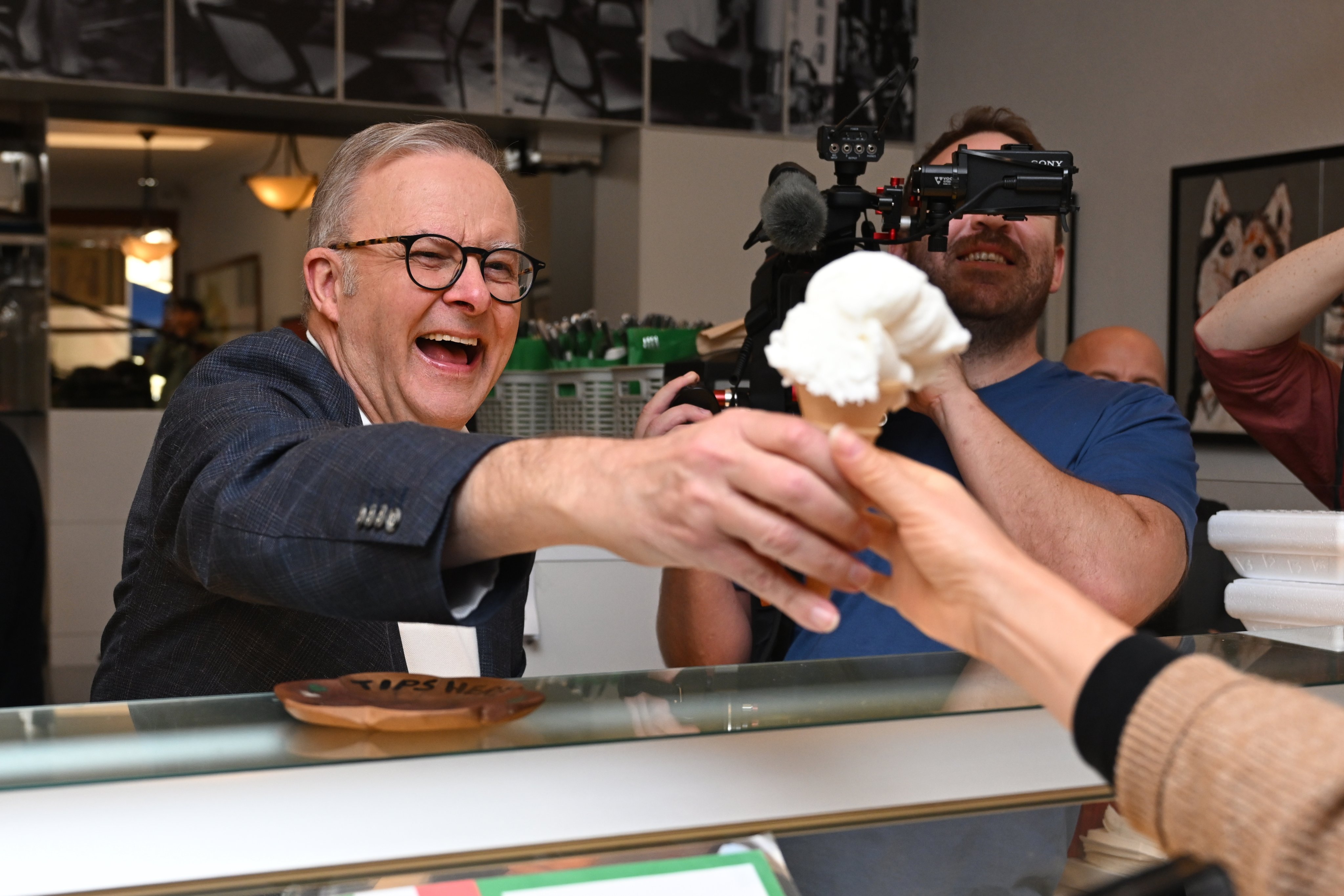Make Australia great again or shun Trump’s tactics? Defeated opposition faces dilemma
A Liberal senator urges the party to ‘avoid culture wars’, while others want the group to embrace more Maga-style politics to rebuild its future

Australia’s main centre-right opposition party is reeling from a landslide election defeat and grappling with an issue that has perplexed conservative movements across the world since 2016 – whether to embrace or distance itself from US President Donald Trump.
Three former ministers in the Liberal Party are fighting for its leadership following the defeat of opposition leader Peter Dutton, who not only lost Saturday’s election but also his own seat. While the contest is expected to come to a head in the next week, there is no consensus over how to rebuild numbers and challenge Prime Minister Anthony Albanese’s ascendant Labor Party.
Less than 48 hours after the Liberal-National Coalition’s second consecutive election defeat, one of the worst in Australian history, moderate Liberal Senator Andrew Bragg urged his party to recapture the centre ground of politics.
“It’s important that we focus on economic issues and avoid culture wars at all costs,” Bragg told Australian Broadcasting Corp. radio while discussing the lessons of the election defeat.
Yet just hours earlier, one of his fellow Liberal senators called on the party to “Make Australia Great Again”, in a local version of Trump’s Maga motto.
“No one should have any backlash about that, that’s a simple statement,” conservative Liberal Senator Alex Antic told Sky News. “Why are they getting stuck into this slogan?”
The opposition Liberal-National Coalition is expected to hold fewer than 50 seats in the 150-member lower house of parliament, its worst result since the Liberal Party was founded in 1944. Now the fractured group joins conservative movements in Canada and the UK in trying to devise a path back to government.
Three candidates are expected to stand for the leadership of the Liberals, the senior party in the centre-right Coalition.
Some former Liberal ministers attributed the heavy defeat to the party’s perceived closeness to Trump, who is widely disliked in Australia. This perception was fuelled, they said, by candidates using “Make Australia Great Again” during the campaign as well as Maga-like policies on immigration, work-from-home and social issues.
“Donald Trump is toxic in Australian politics,” former Coalition Attorney General George Brandis told ABC-TV on Monday night. “And he should be. Because he doesn’t represent our values.”
However, the Liberal Party has lost more moderate-held inner-city seats in recent elections than conservative-held semirural districts, bolstering the latter’s influence. In addition, the National Party, the junior partner in the Coalition, is generally more right-wing in its views than the Liberals.
Not only do some members of the Liberal Party want to see a move towards more Maga-style politics, one of its largest donors does as well. Billionaire mining magnate Gina Rinehart sent out a statement on Monday blaming the media for “frightening many in the Liberal Party from anything Trump and away from any Trump-like policies”.
“Why are Americans getting it, and we aren’t?” she asked, in a statement distributed by her spokesperson.